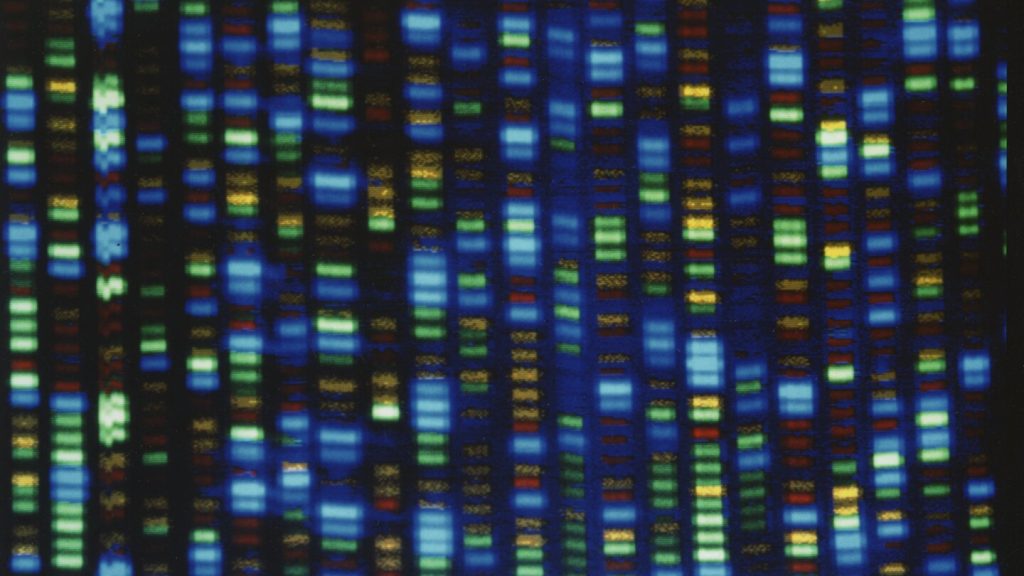Gene therapy offers hope for families dealing with rare genetic disorders, as it has the potential to provide one-time cures. However, the commercial viability of developing and bringing these therapies to market presents a significant barrier. With around 350 million people worldwide suffering from rare diseases, most of which are genetic, the lack of commercial incentive to develop these therapies is a major concern for families, researchers, and the field of gene therapy. Families dealing with rare diseases express frustration and some resort to raising funds on their own to pursue potential treatments.
For families like the Aldermans, whose son Camden was diagnosed with Wiskott-Aldrich syndrome, the lack of access to gene therapy is a heartbreaking reality. Despite being told that gene therapy could be a potential cure for Camden’s condition, the family found that there were no clinical trials available for him to participate in. Similarly, Lacey Henderson’s daughter Estella, who has alternating hemiplegia of childhood, is also in need of a cure that is currently unavailable. Facing limited treatment options, families like the Aldermans and Hendersons are taking matters into their own hands by raising funds for potential gene therapy projects.
Financial disincentives pose a significant challenge in the development and approval process of gene therapy treatments. The high costs associated with moving from lab research to human testing and drug approval make it difficult for companies to invest in therapies that target rare diseases. Dr. Donald Kohn points out that the lack of financial return on investment hinders the approval of potentially safe and effective therapies. The focus on shareholder profit in biotechnology companies can also impact the development of gene therapies, as seen through the actions of some public companies.
Efforts are being made by scientists, nonprofits, and patient groups to address the challenges surrounding gene therapy for rare diseases. Initiatives like The Bespoke Gene Therapy Consortium in the U.S. aim to support clinical trials and streamline regulatory processes. Researchers are also exploring scientific solutions that could benefit multiple diseases simultaneously by targeting common nodes rather than specific genetic mutations. While these efforts hold promise, the financial obstacles surrounding gene therapy for rare diseases continue to present a significant barrier to widespread access to these potentially life-saving treatments.
The broader financial quandary surrounding the development of gene therapies for rare diseases remains a significant challenge. Despite scientific advancements and collaborative efforts to address these issues, it may take time before gene therapies for rare diseases become more widely available to patients worldwide. The ongoing efforts to overcome these challenges reflect the commitment of researchers and organizations to bring transformative treatments to those in need. While the road ahead may be challenging, the potential impact of gene therapy on rare genetic disorders offers hope for the future of healthcare.


